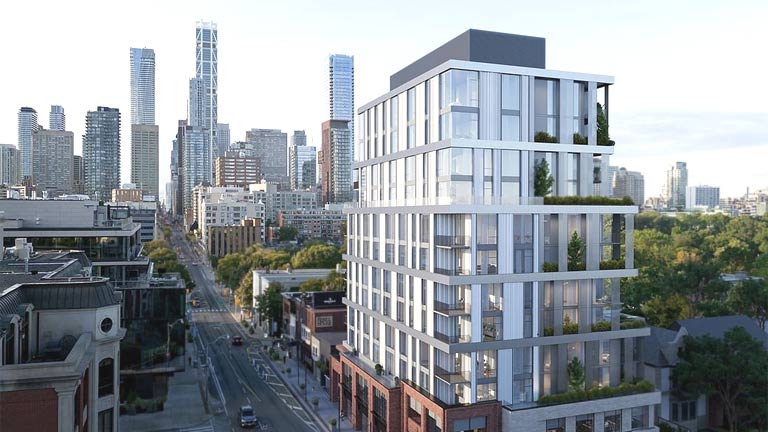In the ever-evolving landscape of real estate, condominiums stand out as a symbol of modern urban living. With their sleek designs, communal amenities, and convenient locations, condos continue to attract buyers seeking a blend of luxury and practicality.
However, behind every successful condominium development lies a set of essential guidelines, a “condo code” if you will, that developers adhere to to create thriving communities. In this post, we’ll delve into these essential development guidelines and explore why they are crucial for the success of any condo project.
Location, Location, Location:
One of the fundamental principles of real estate applies to condominium development as well. Choosing the right location is paramount. Developers must consider factors such as accessibility to public transportation, proximity to amenities like shops and restaurants, and the overall neighborhood ambiance. A prime location not only enhances the appeal of the condominium but also ensures its long-term value appreciation.
Market Research and Demographics
Understanding the target market is essential for crafting a successful condo development. Thorough market research helps developers identify the needs and preferences of potential buyers or renters.
Whether it’s young professionals looking for a convenient urban lifestyle, empty nesters seeking downsizing options, or families desiring community-centric living, tailoring the condo amenities and features to match the demographics of the area is crucial for attracting buyers and ensuring high occupancy rates.
Thoughtful Design and Amenities
Aesthetics and functionality go hand in hand when it comes to condo design. The layout should be both visually appealing and practical, maximizing space utilization without compromising on comfort.
Incorporating amenities such as fitness centers, communal lounges, rooftop gardens, and concierge services can elevate the living experience and differentiate the condominium from competitors. Thoughtful design elements, such as energy-efficient features and sustainable materials, also resonate well with eco-conscious buyers.
Legal and Regulatory Compliance
Navigating the legal and regulatory landscape is a non-negotiable aspect of condominium development. Developers must ensure compliance with zoning laws, building codes, and environmental regulations.
Additionally, understanding the complexities of condo governance structures, including homeowners associations (HOAs) and condominium declarations, is essential for smooth project execution and long-term management.
Quality Construction and Materials
Building a reputable condominium brand requires a commitment to quality construction and materials. From foundation to finish, every aspect of the building should reflect superior craftsmanship and durability.
Investing in high-quality materials not only enhances the aesthetic appeal of the condominium but also minimizes maintenance costs over time, ensuring a positive experience for residents and preserving the property’s value.
Community Engagement and Feedback
Building a sense of community begins long before residents move in. Developers should engage with the local community to understand their concerns and aspirations regarding the condo project. Hosting informational sessions, seeking feedback on design proposals, and involving residents in decision-making processes foster a sense of ownership and pride in the development.
Moreover, ongoing communication channels post-construction enable developers to address any issues promptly and maintain positive relations with residents.
Sustainable and Future-Proof Design
Sustainability is no longer a buzzword but a necessity in modern condominium development. Integrating green building practices, such as energy-efficient appliances, water-saving fixtures, and renewable energy sources, not only reduces environmental impact but also lowers operating costs for residents.
Moreover, incorporating flexible design elements that can adapt to future technological advancements or lifestyle trends ensures the longevity and relevance of the condominium in the market.
Effective Marketing and Sales Strategies
A well-executed marketing and sales strategy is essential for driving interest and demand for the condominium units. Leveraging digital marketing channels, staging model units, and hosting exclusive preview events are effective tactics for generating buzz and attracting potential buyers.
Collaborating with experienced real estate agents who understand the local market dynamics can also streamline the sales process and maximize conversion rates.
In Summary
The “condo code” encompasses a thorough framework of directives that oversee each phase of condominium development, spanning from its inception to occupancy. By steadfastly following these indispensable principles, developers can forge dynamic, eco-conscious, and immensely appealing communities tailored to meet the changing demands of city residents.
Crucially, the triumph of a condominium project relies on its capacity not merely to provide shelter, but to offer a lifestyle that enriches the well-being of its inhabitants. Furthermore, leveraging financial tools such as FHA multifamily loans can facilitate the realization of these development goals, enabling access to flexible funding options and fostering sustainable growth in the real estate sector.



